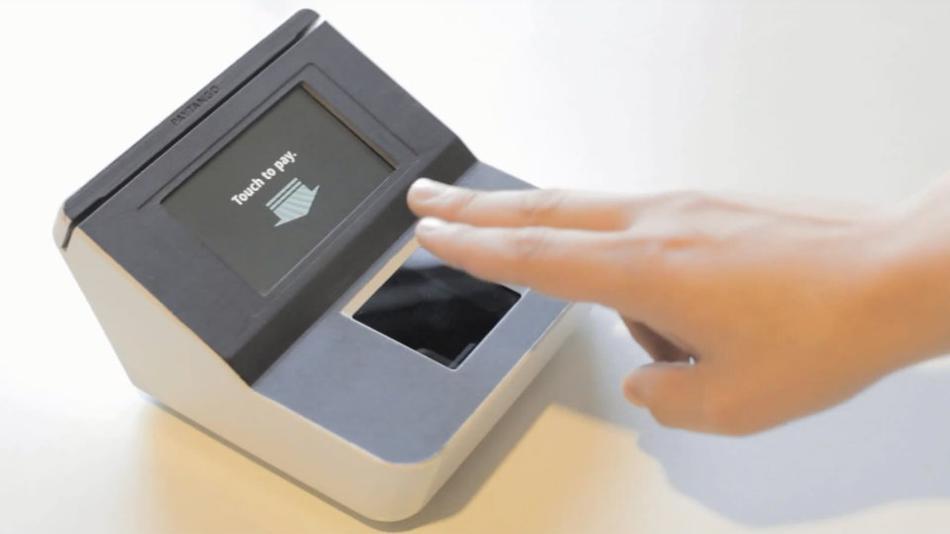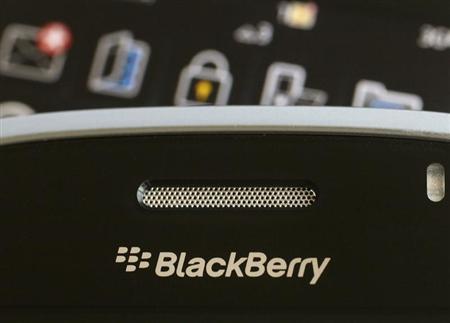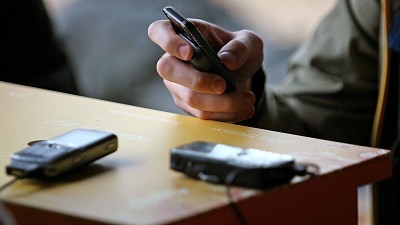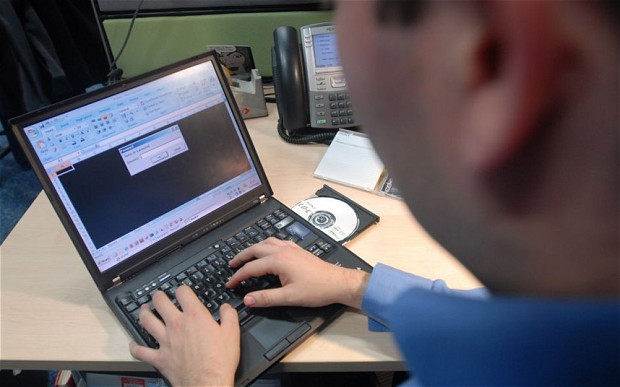 Forget paying with credit cards or even your phone, a new service is aiming to let you pay with just the touch of your finger.
Forget paying with credit cards or even your phone, a new service is aiming to let you pay with just the touch of your finger.
PayTango, a startup founded by four students at Carnegie Mellon University, has developed a special scanner that prompts consumers to record their fingerprint and swipe a credit card, debit card or loyalty card to be associated with it in the system. The scanner is designed to be quick and easy to use (as the company demonstrated in a recent Vine video, below), and to integrate right into the retailer’s existing payment processing systems.
“What we can do is take biometric data and transmit it as hard data,” Brian Groudan, co-founder of PayTango, told Mashable. “The computer looks at it the same way.”
The PayTango team built an early prototype of the device at a hackathon last year while still in school and started piloting the technology at a restaurant at Carnegie Mellon. Since then, they have expanded to three other locations at their university and are currently in talks to bring PayTango to other universities as well as gyms and health clubs around San Francisco. It is also part of Y Combinator’s Winter 2013 class of startups, which demoed their products earlier this week.
Groudan says he and his co-founders were initially interested in trying to help consumers “consolidate all of your cards into one card,” but then they heard about a group of researchers at their university who used gesture-recognition technology to create doorknobs and other objects that recognize how they’re being touched. This changed the team’s thinking. “Our idea eventually evolved to ‘why do you even need a card?'”
PayTango certainly isn’t the first company to try using biometric data for payments. Several retailers and credit card companies have tested fingerprint payments in select markets over the years, including Discover and Mastercard. Groudan says PayTango hopes to differentiate itself by offering a more intuitive user experience and focusing on venues with “tight networks” like universities and health clubs. Eventually, the team hopes to roll the service out for transportation use and health care as well.
The startup has so far only raised money through Y Combinator, but is currently looking to raise a round.
Source : Mashable






































